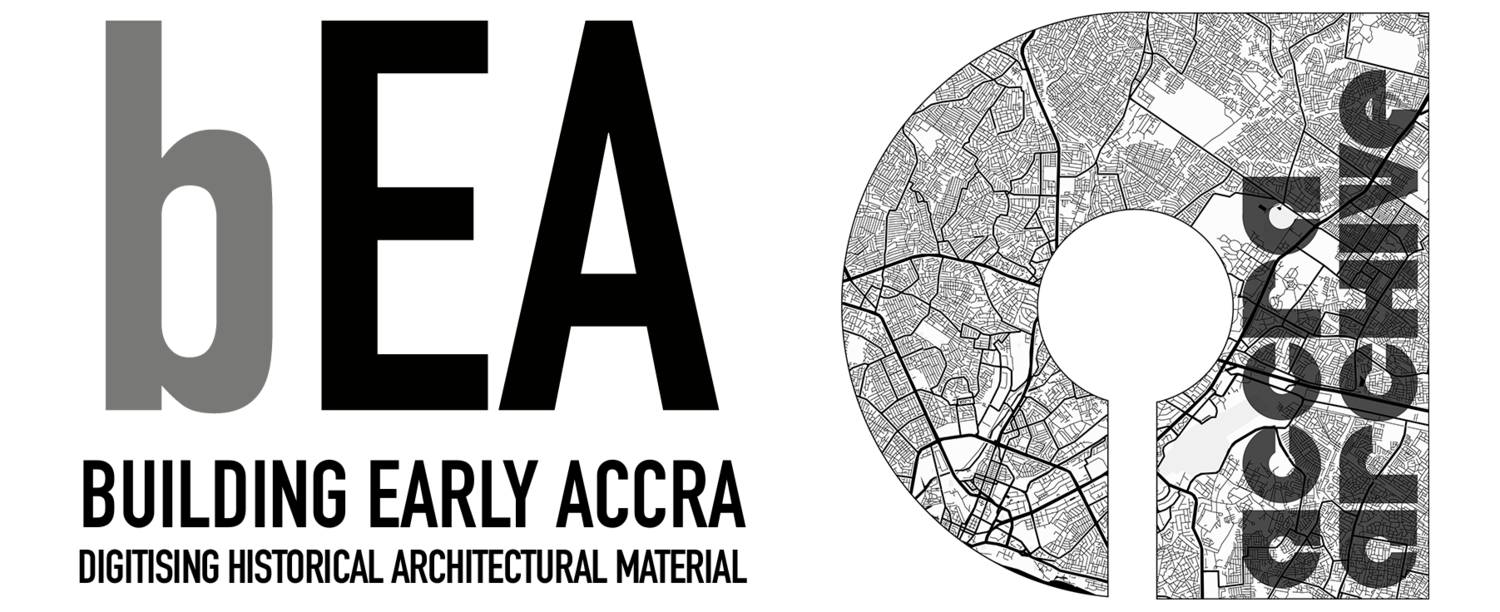Pan-Africanist and Black Nationalist Organising in Accra
By Kuukuwa Manful
Although the Organisation of African Unity (OAU), now known as The African Union, was formally established on the 25th of May 1963, the work to make the organisation a reality started long before that.
Maya Angelou (left), and Malcolm X (right), in Accra
Black thinkers and writers based in The United States of America were publicly theorising about and promoting the Black Nationalism in the 19th century. One of these intellectuals was Martin Robinson Delany, one of the first black men admitted to Harvard Medical School (and who had to leave after the white students protested to demand his and the other black students’ dismissals). Delany visited the African continent for a while - living in Liberia, and is the person who credited with the popular slogan “Africa for Africans”.
Another of these early Black Nationalists was Laura Adorkor Kofi (also called Mother Koffey), who was born in Accra and moved to the United States of America. She was an important organiser in the Universal Negro Improvement Association for a while and was assassinated in 1828. Also notable in the early African Nationalist Movement were more well-known actors such as Marcus Garvey and W.E.B Dubois.
Garvey and Dubois were hugely influential to the thought and work of early African national leaders such as Julius Nyerere (Tanzania), Sékou Touré (Guinea), and Kwame Nkrumah (Ghana). Nkrumah in particular spearheaded the African Unification efforts, declaring in his speech on the occasion of Ghana’s independence in 1957 that:
“We have won the battle and we again re-dedicate ourselves ... Our independence is meaningless unless it is linked up with the total liberation of Africa”
It was therefore in light of this that Nkrumah made Ghana, and Accra in particular a safe place for all committed to the cause of pan-Africanism and Black Nationalism in Africa and all around the world. Accra was a hub of meetings, conferences, tours, official visits, and also importantly a place of rest and refuge for black activists, freedom fighters, and other people who were in a position to be able to travel there.
The first All African People’s Conference, as well as several key meetings leading to its establishment were held in Accra. Also held in Accra was the first Conference of the Women of Africa and African Descent in 1960 the Conference of All African States in 1958, and The Accra Conference of Independent African States in 1958.
At different and sometimes overlapping points in time, famous people such as Maya Angelou, Nelson Mandela, Malcolm X, Martin Luther King Jr, J Max Bond Jr, W. E. B. Du Bois, James Baldwin, Shirley Graham DuBois, George Padmore, and many other less famous Black Freedom Workers from around the world all lived in or visited Accra to strategise, to seek support from Nkrumah, to work to build Ghana, to commune with like-hearted and like-minded people, or also simply to rest for a while.
Kwame Nkrumah (right) presenting W. E. B. Du Bois with a gift on Du Bois’ 95th birthday. Accra, February 23, 1963. Pictured with them is Fathia Nkrumah (left). Image Source: Special Collections and University Archives, University of Massachusetts Amherst Libraries
"Accra. Africans Demand Liberation". Accra, Ghana. Meeting of All African Peoples' Conference. Source: Pathe


